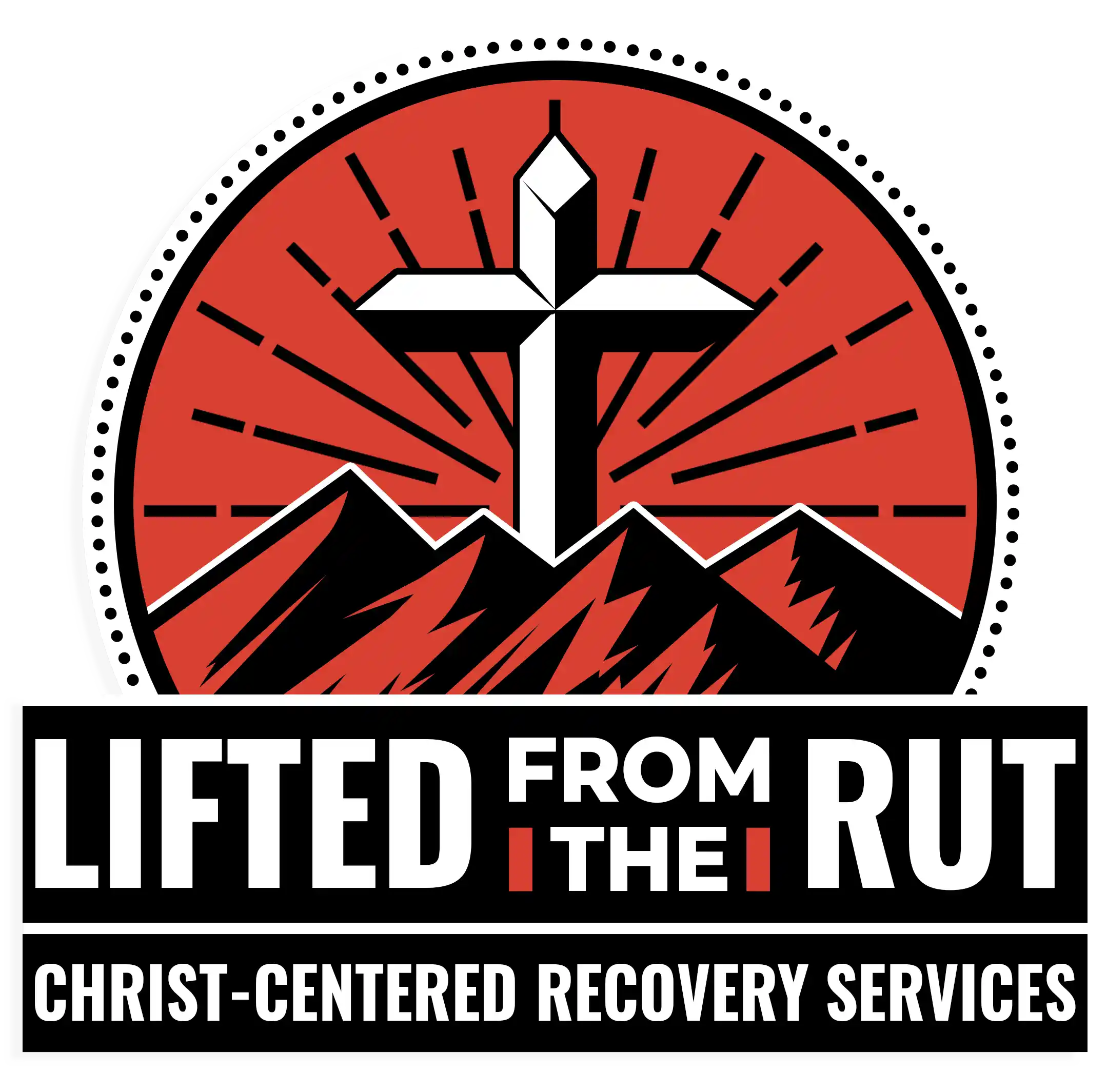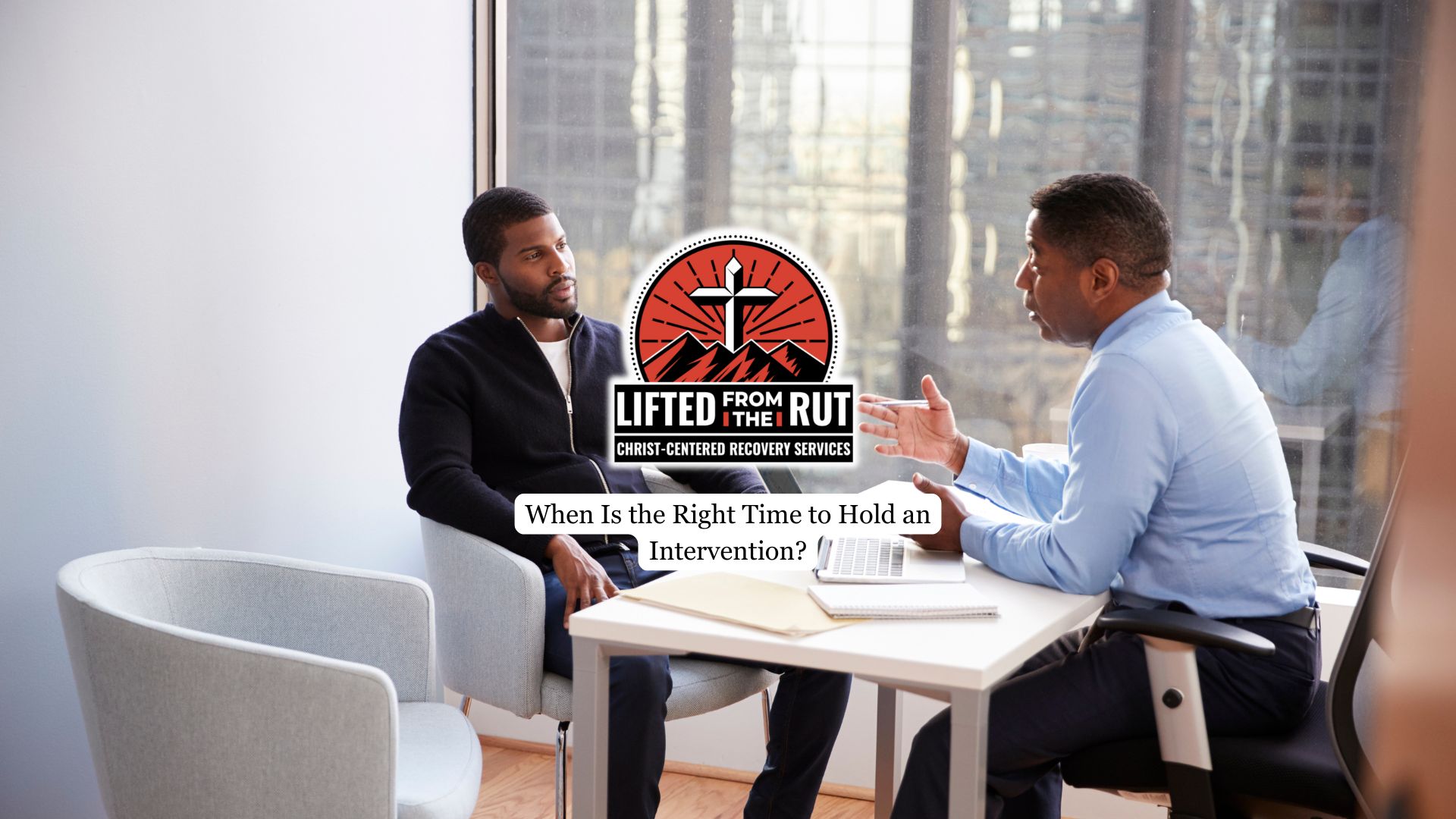Addiction can devastate individuals and families, often leaving loved ones feeling helpless and unsure of how to help. For those who value faith, a spiritual approach to intervention can offer hope, guidance, and a path to healing. But knowing when to step in is crucial.
This article explores the key indicators and timing considerations for holding an intervention, offering guidance to help families and friends take decisive, supportive action when it matters most.
Understanding Addiction and Its Progression
Addiction is a chronic, relapsing disorder characterized by compulsive substance use despite harmful consequences. It affects your loved ones’ body, mind, and spirit, gradually eroding relationships, health, and your sense of purpose.
In a faith context, addiction is often seen not just as a physical or psychological struggle but as a spiritual battle—a separation from God’s intended path for one’s life.
Addiction typically progresses through stages: experimentation, regular use, risky use, dependence, and finally, addiction. As the disorder deepens, the individual may become increasingly isolated, defensive, and resistant to change.
Faith-based programs recognize this holistic nature of addiction. They integrate spiritual practices—such as prayer, worship, and scripture study—alongside traditional therapies to address the root causes and offer a path to restoration. For instance, our Outpatient Program for addiction treatment integrates evidence-based therapies with Christian principles. Our flexible and supportive treatment option is designed for individuals who wish to address substance use issues while maintaining their daily responsibilities, such as work, school, or family life.
Signs It’s Time for an Intervention
Recognizing when addiction has crossed into dangerous territory helps you decide when an intervention is no longer optional. It’s time to take action, if you observe these warning signs in your loved ones:
- Increased frequency or quantity of use or use in dangerous situations.
- Failing at work, school, or home due to substance use.
- Strained or severed ties with family, friends, or faith communities.
- Withdrawal from spiritual practices or church involvement.
- Noticeable changes in appearance, mood, or behavior.
- Refusal to acknowledge the problem, making excuses, or blaming others.
If these signs are present and efforts to encourage them to change have failed, it may be time for you to intervene. For example, suppose they cannot control drinking and continue to use alcohol despite adverse consequences. In that case, you should consider seeking an intervention designed for those with alcohol use disorder.
Scripture reminds us to “speak the truth in love” (Ephesians 4:15), and an intervention is an act of love—calling someone back to health, community, and faith.
Factors Influencing the Right Timing
Determining the right moment for an intervention involves prayerful consideration and discernment. Key factors include:
- The more severe or life-threatening the addiction, the more urgent the need for intervention.
- While waiting for “rock bottom” can be dangerous, some individuals may be more receptive during moments of crisis or after a significant loss.
- Having a united, supportive group of family, friends, and faith leaders increases the likelihood of a positive outcome.
- Consider whether your loved one is open to spiritual guidance or has recently expressed doubts, fears, or a longing for change.
- If there is a risk of harm to self or others, immediate intervention is necessary, regardless of other factors.
Faith teaches us to seek God’s wisdom in all decisions (James 1:5). Pray for clarity, unity, and courage as you discern the right time to intervene. It plays an essential role in the recovery process from addiction, offering individuals a robust foundation of hope, resilience, and purpose. Integrating faith into recovery allows people to draw strength from their beliefs, providing comfort and guidance during challenging moments.

Planning the Intervention
A successful faith-based intervention requires careful preparation:
- Assemble a team: Include close family, friends, and a spiritual advisor or faith leader. Unity and a shared purpose are vital.
- Pray together: Seek God’s guidance, peace, and wisdom for the process.
- Clarify the message: Prepare specific examples of how addiction has harmed the individual and others. Focus on expressing love, concern, and hope for change.
- Set boundaries: Clearly outline what changes are expected and what consequences will follow if help is refused.
- Choose the right setting: Select a neutral, private, and calm environment for the intervention.
- Offer a faith-based solution: Present a concrete treatment plan, ideally one that integrates spiritual support—such as a faith-based rehab or counseling program.
The process should be rooted in compassion, humility, and a desire for restoration, not punishment or judgment.
Common Challenges and How to Overcome Them
Interventions are emotionally charged and can encounter obstacles. One of which is denial or anger. They might react defensively, deny the problem, or lash out. Stay calm, loving, and focused on the message.
They might also try to shift blame or make promises you do not intend to keep. Firm boundaries and a united front are essential. Addiction often brings deep shame. Remember God’s grace and the possibility of forgiveness and new beginnings (2 Corinthians 5:17).
Overcoming these challenges requires patience, perseverance, and faith in God’s power to transform their lives.
The Importance of Acting at the Right Time
Timing is critical. Acting too soon may lead to resistance while waiting too long can result in further harm or tragedy. You need to focus on intervention timing—choose a moment when your loved one is sober, clear-headed, and available. This ensures they are open to honest conversation and able to process your concerns.
Faith-based interventions offer hope, healing, and a path back to God’s purpose. As scripture teaches, “If one of you should wander from the truth and someone should bring that person back, remember this: Whoever turns a sinner from the error of their way will save them from death and cover over a multitude of sins” (James 5:19-20).
When done prayerfully and lovingly, an intervention can be the turning point that leads to recovery, reconciliation, and renewed faith. Do not wait for the “perfect” moment—trust God’s timing, seek wise counsel, and step out in faith to help your loved one begin their journey to healing.
Final Thoughts from LFTR Christ-Centered Recovery Services
Choosing the right time for an intervention is not easy, but your loved one needs your support when they are most able to hear you. At LFTR Christ-Centered Recovery Services, we offer addiction rehab programs in Littleton, Colorado that blend faith-based principles and evidence-based treatment. Our path to healing is about holistic transformation, addressing the spirit, soul, and body in an environment rooted in Christ’s love and Biblical truth.





